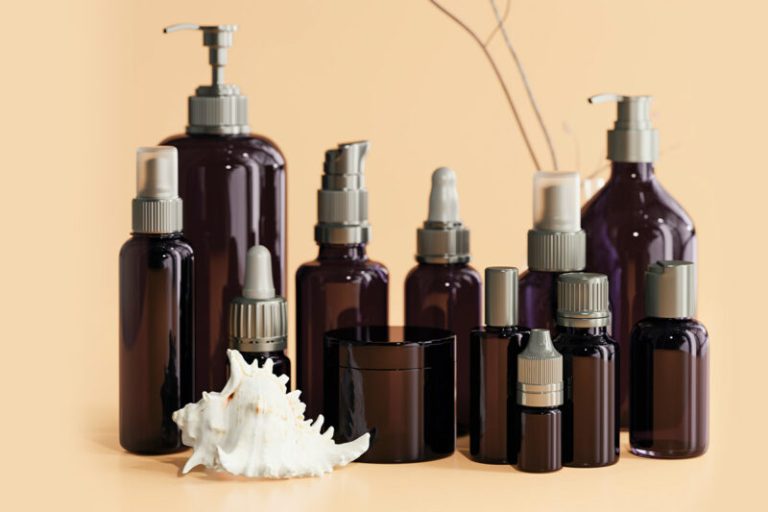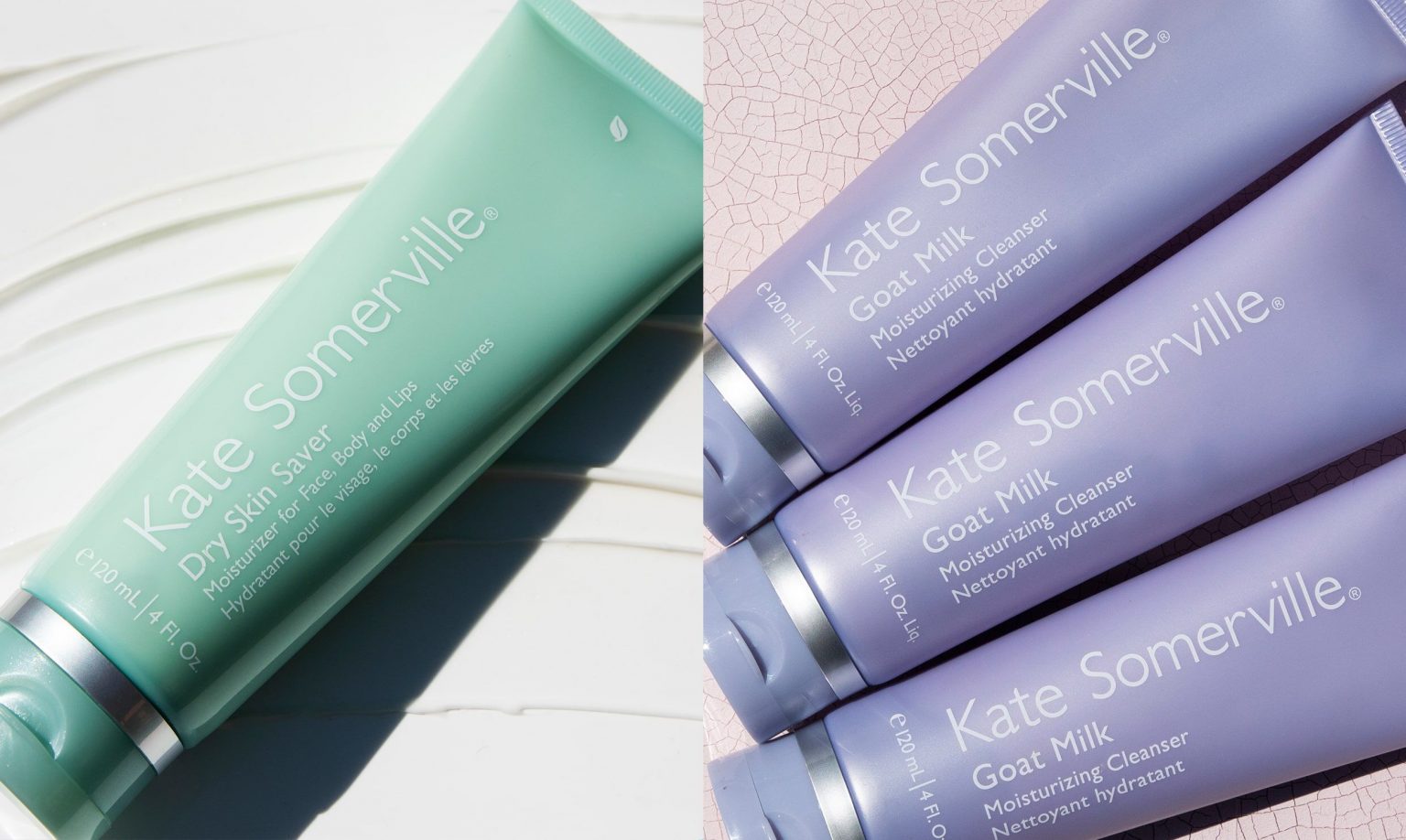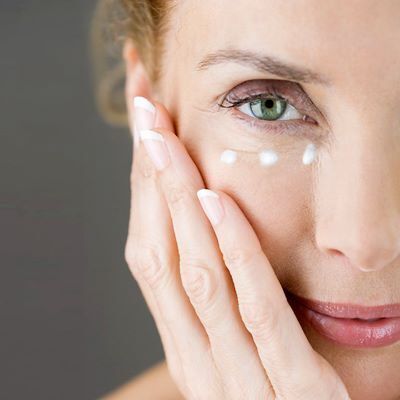
Vitamin C continues to be a popular ingredient in skincare. As with any beauty product, you should familiarize yourself thoroughly with the vitamin C product you want to use and be aware of possible side effects.
What Causes Vitamin C to Stain the Skin?
Vitamin C has many benefits, including skin brightness. However, some people have reported that it can stain the skin. How does vitamin C affect your skin?
There are several types of Vitamin C, but the most common is l ascorbic acid. This form of Vitamin C is notoriously susceptible to oxidation, making your vitamin C products less effective as it oxidizes.
The oxidation process occurs when this form of vitamin C is applied to the skin and produces erythrulose as a by-product. This ingredient–erythrulose, found in many self-tanner products–then interacts with the proteins on the uppermost layers of the skin, giving off a darker color and the look of temporarily stained skin.
How to Avoid being stained by Vitamin C
How can you incorporate this ingredient’s many benefits into your routine without being stained by vitamin C? There are several ways to achieve this.
Switch to a stable form of vitamin C
It is possible to prevent the staining by using a stable vitamin C. Tetrahexyldecyl Ascorbate (THDA), which is oil-soluble, is much more gentle and safer for your skin. It works exceptionally well. We consider it the best vitamin C form available at this time. THDA, a derivative of vitamin C that oxidizes less quickly than l-ascorbic acids, can help reduce the likelihood of your skin staining from the oxidation process.
Antioxidant-Rich Formula
An antioxidant-rich formulation (such as our Brighten Concentrated Enhancing Elixir containing seabuckthorn) can prevent oxidation. Antioxidants keep the ascorbic acids from dehydrating into the dehydroascorbic acids, which are the first steps in the oxidation that results in erythrulose.
Water-free Formula
The oxidation of vitamin C is a process that requires oxygen and water. By removing the water in a vitamin-C formula, you can help to prevent this process. Most water-free formulations contain silicon, which does not absorb into the skin as well and provides no skin benefits. Our Brighten Concentrated Elixir uses organic jojoba (an oil similar to your skin’s natural sebum). This oil works with your skin by delivering our favorite form of vitamin C, THDA.
Use a Facial oil After Your Vitamin C
Use facial oils immediately after using a vitamin C product to seal the vitamin. This will prevent air or oxygen from getting into the vitamin and causing it to oxidize. It also allows vitamin C to be absorbed into your skin.
How to Store Vitamin C
Store your vitamin C product in a dark, cool place to prevent oxidation. Your product will also benefit from being packaged in the proper packaging. Opaque amber glass, premium violet miron, or dark amber glasses can filter out light frequencies and help preserve the contents.
How to Remove Vitamin C Stains from Skin
If the staining is already present, how can you remove it? Exfoliating your skin a few days a week is essential because the staining occurs on the outermost layer.
Both chemical and physical exfoliation works well. If you enjoy this method, find a physical exfoliant suitable for your skin type. Our Ayurvedic Face Scrub is an exfoliant made from dry herbs that is gentle for sensitive skin but delivers uncompromising results. Chemical exfoliants may be more your style. Try alpha-hydroxy acids like our Facial Exfoliant, which contains honey-derived lac acid.
How to tell if Vitamin C serum has oxidized?
As oxidation occurs, the Vitamin C serum changes color from its original pale hue to a more amber-brown shade. If your vitamin C serum oxidizes, it will no longer work as well as it used to and should be thrown out. Proper storage and immediate usage can help to prevent or delay this.



